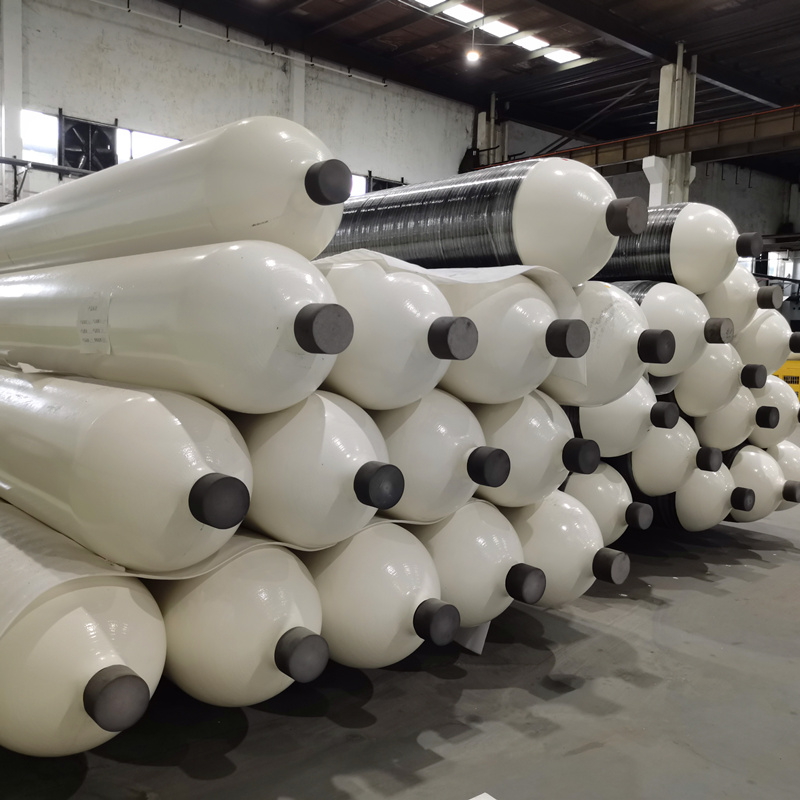1. The gas cylinder should be placed in a well-ventilated place, and the distance from the fire source and heat source should not be less than 1.5m. Gas cylinders are strictly prohibited from being roasted, scalded with boiling water or exposed to the sun. Always check the air tightness of gas cylinder valves and pipe joints, etc., and keep air tight. Use soapy water to check for air leaks, and it is strictly forbidden to use open flames to test leaks.
2. When igniting, the kindling should be ignited first, and then the gas should be turned on, and the order should not be reversed. In the process of use, someone should be guarded, do not leave, to prevent the water from boiling over and extinguishing the fire, causing the liquefied gas to flow and cause an explosion. After the gas cylinder is used, the valve must be closed tightly to prevent air leakage.
3. The liquefied gas in the gas cylinder cannot be used up, and a certain residual pressure should be left. The residual pressure should generally be greater than 49.03kPa (ie 0.5kg/cm2, gauge pressure) to prevent air from entering the gas bottle. After the liquefied petroleum gas is used up, the residual liquid left in the bottle is also a kind of flammable material, which should not be dumped by itself to prevent the fire caused by the flow and evaporation of the residual liquid.
4. The liquefied petroleum gas cylinder is a pressurized container and should be well maintained and regularly inspected. In the process of handling and use, it is necessary to prevent the cylinder from falling or impacting, and it is not allowed to knock the cylinder valve with an iron tool, and it is necessary to prevent direct sunlight and long-term rain. Gas cylinders are generally inspected every 2 years.
5. Although the explosion range of liquefied petroleum gas is not too wide, because of its small lower limit, it is easy to ignite and explode once it leaks. And because LPG is heavier than air, it flows downward when it leaks in the air, so it accumulates in low-lying places and becomes a hidden danger of gas explosion. Therefore, the place where gas leaks easily. Only relying on the windows to ventilate is not enough, but also pay attention to the ventilation of the lower part.
6. When it is found that there is a liquefied gas leak in the room, the doors and windows should be opened in time for ventilation, so that it spreads in the direction of no open flame. It is strictly forbidden to start a fire nearby. It can be used only after the fault is eliminated and its unique smell disappears. Waste liquid leaking on the ground should be covered with sand and removed to a safe place. When the gas cylinder catches fire, immediately close the valve, move it to an open place outdoors, and use dry powder fire extinguishing agent, carbon dioxide fire extinguishing agent or cover it with a wet sack to put out the fire.
7. It is necessary to educate children not to play with gas cylinders casually, and users should understand the safety knowledge of using gas cylinders.
Post time: Jul-22-2022


